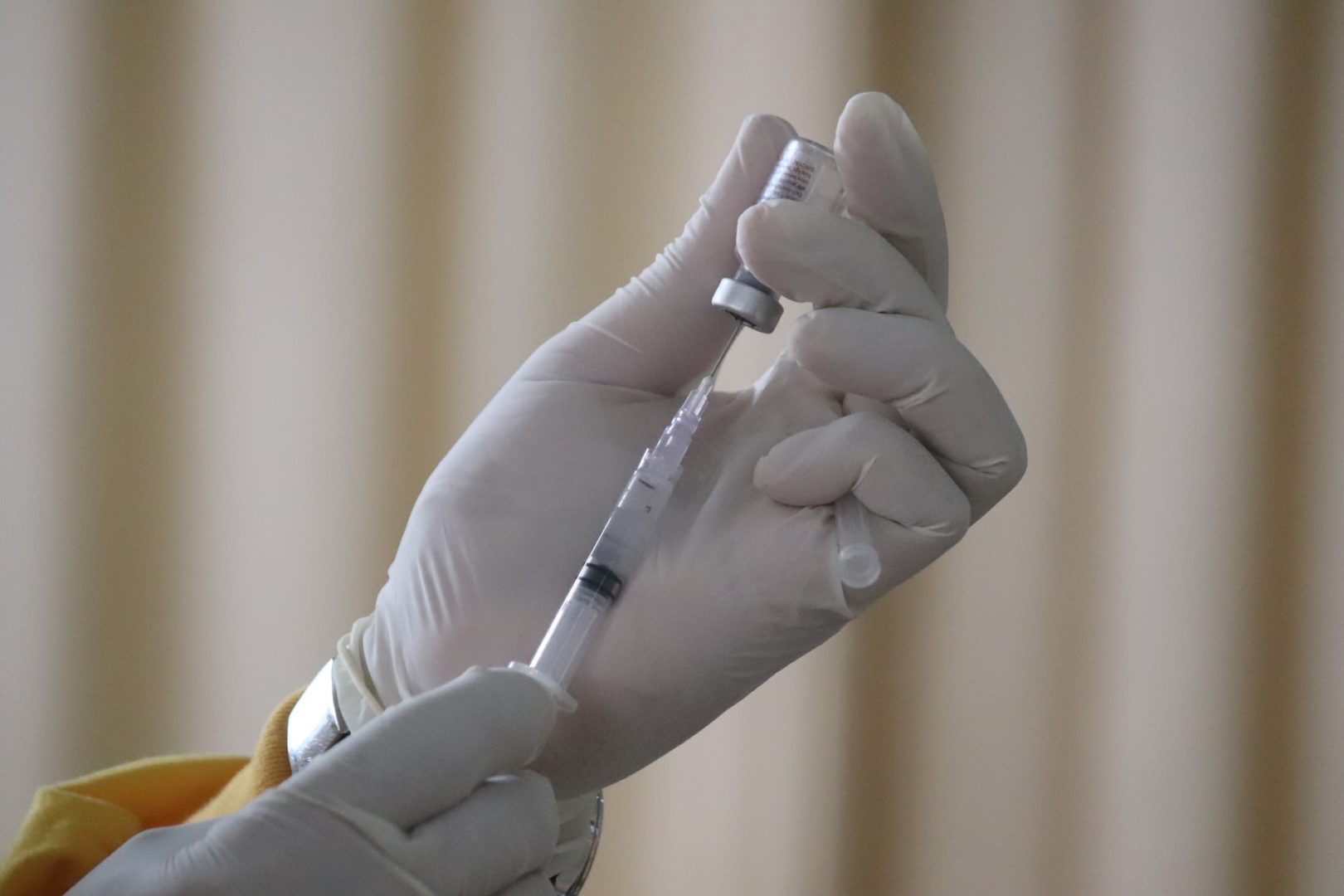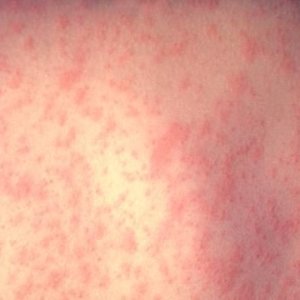 View Winners →
View Winners → 
Los Angeles could soon become one of three cities in California to provide supervised injection sites under legislation passed by the state Senate Monday and heading to Gov. Gavin Newsom’s desk.
Newsom said in 2018 he was “very, very open” to the idea of a pilot program to allow legal drug injection sites, splitting with his predecessor Jerry Brown, who vetoed a similar bill that same year.
The bill, authored by Sen. Scott Wiener, D-San Francisco, passed the state Senate by a 21-11 vote Monday. It would allow the city and county of Los Angeles — along with San Francisco and Oakland — to provide spaces where people can consume pre-obtained drugs with provided clean needles. Trained professionals would be on site with supplies such as Narcan to assist in the event of an overdose.
Deaths attributed to accidental drug overdoses in Los Angeles County increased by 52% during the first 10 months of the pandemic compared to the same time period in 2019, according to a July 2021 report by the county.
“We’re seeing an escalation in overdose deaths,” Wiener wrote on Twitter. “These sites are a proven strategy to save lives and get folks into treatment. It’s time.”
Assemblyman Kevin Kiley, R-Rocklin, disagreed, writing on Twitter after the vote: “California’s solution to the fentanyl crisis is not to secure the border or punish sellers but to open legal injection centers in our cities.”
The pilot program would last through 2027, with annual reports delivered to the jurisdiction. Each jurisdiction would also fund a peer-reviewed study on the effectiveness of the program.








































































































